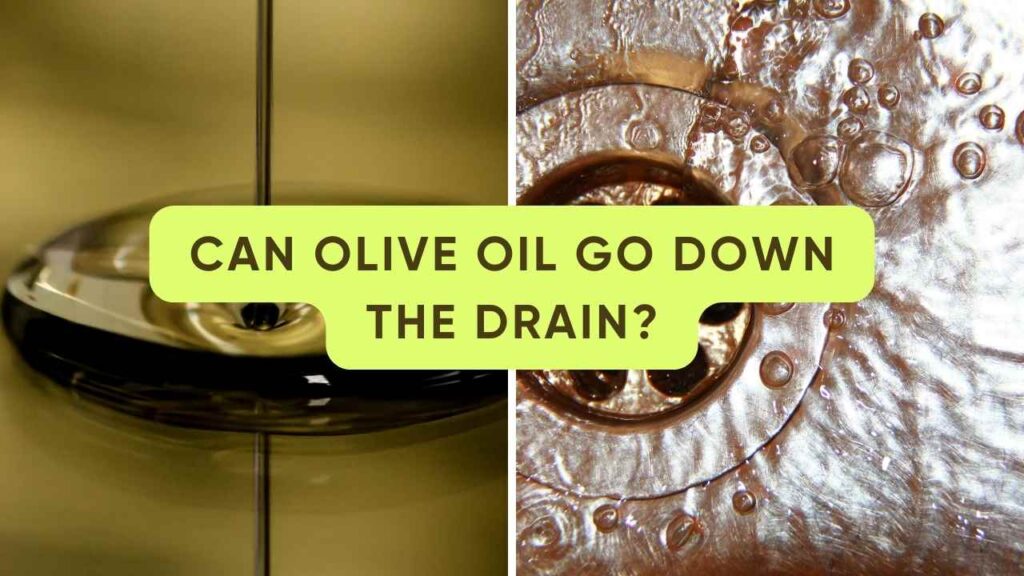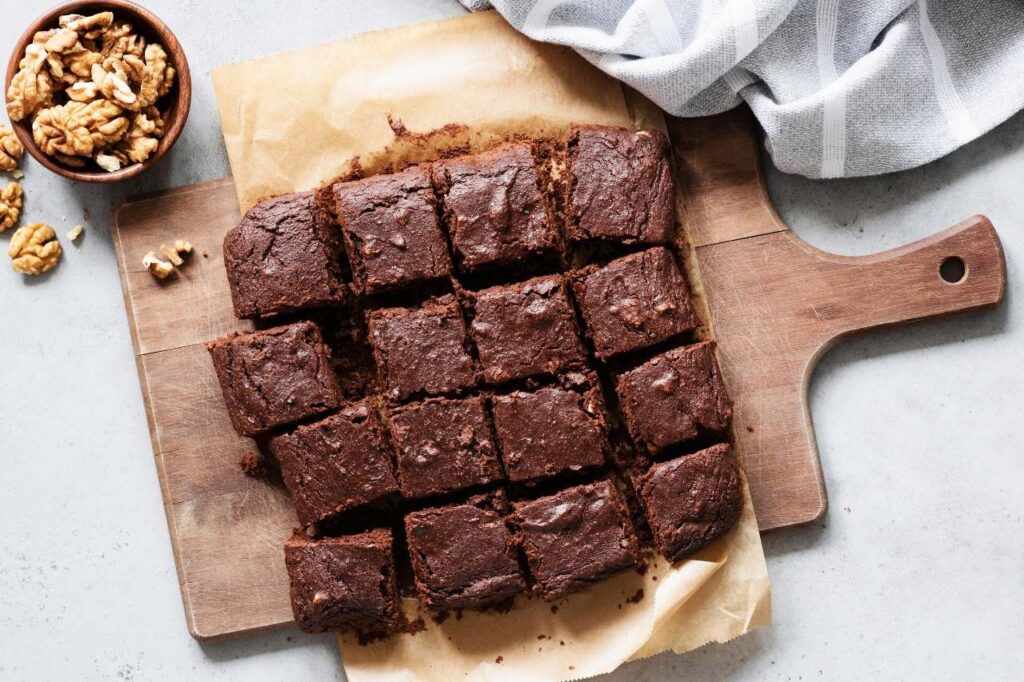Extra virgin olive oil, or EVOO, is the top pick when it comes to the measures of a healthy diet. Can olive oil go down the drain? This may be an every-household question where olive oil has been used for frying. Will the healthiest oil on the planet you use for deep frying chicken or crabs show the exact friendly nature in your drains? Let’s find out.
Olive oil is a rich source of Vitamin E and antioxidants. This is a huge barrier for disease-causing free radicals entered to your body. Olive oil presents the power of limiting strokes and heart diseases while being the best option for the ones who are afraid of fatty foods that make them gain more weight. You can use oil as a buttery base in baking, grilling, barbecuing, and frying. Adding olive oil as salad dressings a way more beneficial than consuming cooked olive oil.
Can Olive Oil Go Down the Drain?

Adding raw olive oil with a little amount of lemon in a breakfast salad or even having the two on an empty stomach will be a great investment you do yourself. Olive oil can be used as an alternative to butter if you have reluctant to intake fats and a lot of calories.
Can olive oil go down the drain? This is a common question in almost every kitchen after using olive oil for a round of deep frying. Disposing of a larger scale of olive oil through your sink and drain is not a good idea at all. The oil will deposit on the walls of the drain lines, which carry the wastewater of your house. This will lead to collecting other residuals around the sticky, oily patches and eventually will cause the clogging of your drain lines.
Olive oil will become solid at temperatures near 40°F. Inside the pipelines, there will be a decreased temperature in the winter, and if it reaches 40°F or below, all the olive oil particles may solidify. This will make you want to call for a plumbing service, spending a large sum for the material and labor.
Can You Throw Away Olive Oil?
If you have olive oil to dispose of, avoid just throwing it in the trash. This is because insect infestations could take place when ants find your trash can as a treasure to fulfill their fat needs. Oil leaking could also take place when there are unseen spaces or holes in your trash can.
Therefore, if you need to remove olive oil after use for cooking purposes, you must first let it dry. Then transfer the amount into a plastic bag that can be sealed well and throw it into the bin.
How to Dispose Olive Oil Properly?
- Keep the used olive oil until it cools down.
- Then transfer the oil to plastic containers or plastic bags, which can be adequately sealed. Remove all the food particles that remained in the oil with a sieve or a paper towel before transferring them to containers.
- Then keep the olive oil in the freezer to solidify.
- Once it comes to a solid state, cut it into cubes and use it to mix with your compost. Be careful not to add excessive amounts. Adding in larger quantities can slow down the natural decaying process.
- The nutrients in olive oil, like Vitamin E, will help the plants to survive in winter.
How Do You Reuse Olive Oil?
Whether olive oil is the most incredible option for healthier frying is quite expensive than the other cooking oils. Therefore, many of the readers will have doubts about reusing it.
The answer is “yes.” It has been proved that reusing olive oil is safe for cooking. The only thing you have to do if you need it to be preserved for another time is, filter the food residuals and storing correctly. But it is not recommended to use one-time used oil for salad dressings and for any recipe that needs raw olive oil. Do go through the following instructions for further clarification.
- You need to filter the used oil to remove any remained food particles. Use a cotton cloth, paper towel, or a sieve for this purpose. For the best results, you can filter twice.
- Use a suitable container like a glass bottle or a stainless-steel container to store the oil. Make sure to use a bottle that can be airtight. It is also not recommended to use metallic containers made up of iron, brass, and copper.
- When storing, avoid places with direct sunlight or heat to prevent oil from oxidizing. A dark place inside your pantry would be ideal.
- Sometimes you cannot reuse oil with some foods as it may smell like the previous food. To avoid such instances, you can label the filtered bottles with the food which it was used for the first time. Then you can fry the same or similar items with that particular oil bottle.
How Many Times Olive Oil Can Be Reused?
When you follow the correct steps in storing the used olive oil, you will be able to use the olive oil like five times. But if the oil changes its color to a darker shade and changes the viscosity, you will need to dispose of it.
It would be better if you could follow the methods we explained in the previous paragraphs when disposing of used olive oil.
Can You Pour Canola Oil Down the Drain?
Any cooking oil should not be disposed of through your sinks and drains. This includes olive oil, canola oil, coconut oil, corn oil, sunflower oil, and vegetable oil, for instance. The same reason we explained in this article regarding the disposal of olive oil is also valid for any other cooking oil disposal.
Conclusion
If you are throwing oil used for cooking into your drains, this article clearly describes the troubles caused by such disposal by referring to olive oil. We also have provided a complete guide to storing and disposing of used olive oil here.
You May Also Like


